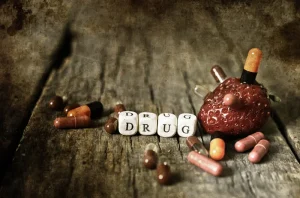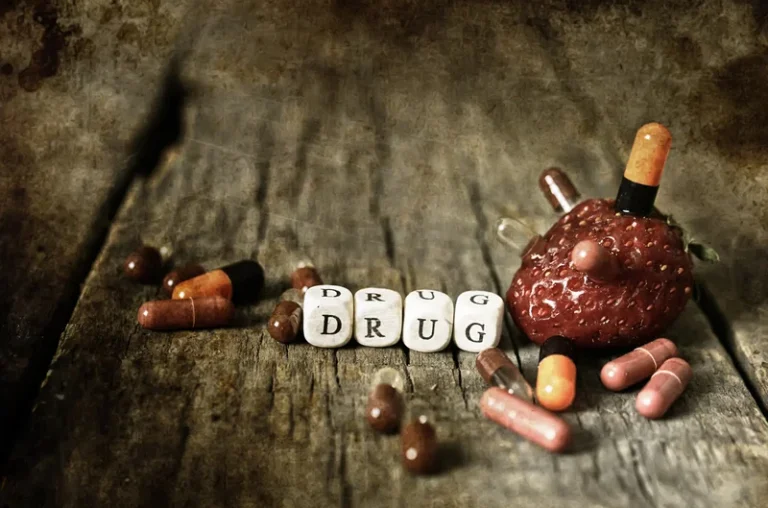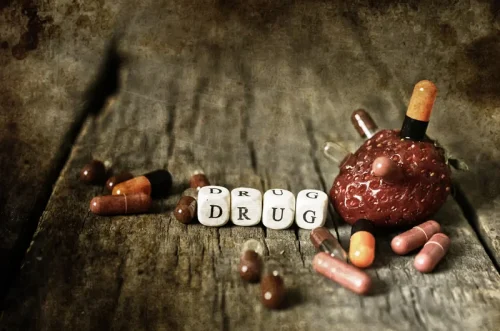
About 1 in 6 American adults say they regularly binge drink, sometimes several times a month. Binge drinking behavior and heavy drinking patterns can lead to serious consequences, and continued frequency can lead to the development of an alcohol use disorder, which can become a life-threatening condition on its own. It’s not uncommon for people to get defensive when others point out their unhealthy drinking habits. Your loved one might deny the problem, deflect, or get mad at you.
- Consuming large quantities of alcohol, especially for men, might result in admiration from friends.
- Naturally, you may wonder how much alcohol you have to drink to get to that point.
- By Sarah Bence, OTR/LBence is an occupational therapist with a range of work experience in mental healthcare settings.
- How quickly a person’s body absorbs alcohol may depend on their sex, age, and body size.
- These impairments might be noticeable by the time someone is in their 20s if they had started drinking early in life.
How to avoid the risks of binge drinking

It’s easy for teens and young adults who aren’t sure how much alcohol they can handle to go past their limits. Even older adults can overestimate their tolerance and wind up drinking far more than they can handle. Maybe you feel overconfident in your ability to drive while intoxicated, or you don’t think of the risks involved with physical stunts or going home with a stranger. You might start the night with the intention of drinking one or two beers. An hour or two later, you’re more intoxicated than you wanted to be. The service is free and available 24 hours a day year-round.
Analysis of citations
A child with FASD might experience heart or bone problems, reduced attention span and memory, or learning disabilities. Research suggests that alcohol consumption is also a risk factor for sudden infant death syndrome. Certain personality traits can make you more prone to engage in binge drinking. If you’re a highly impulsive person, you may be more likely to reach for another drink without stopping to think about the consequences. If you’re the type of person who likes to seek out novel sensations and situations, you might also be more willing to engage in risky drinking habits.
Phone, Video, or Live-Chat Support

Alcohol misuse—which includes binge drinking and heavy alcohol use—over time increases the risk of alcohol use disorder (AUD). Regular drinking binges can also increase the risk of alcohol-related deaths. People may experience brain damage related to binge drinking, which can impair their memory and other cognitive abilities. These impairments might be noticeable by the time someone is in their 20s if they had started drinking early in life. Binge drinking should not be confused with the habit of heavy drinking, defined as consuming 15 or more alcoholic beverages within 7 days.

Supporting change
However, binge drinking effects binge drinking can increase your risk of developing alcohol use disorder. This is the amount of alcohol in your system to be considered legally impaired. For most adults, that equates to five drinks for men or four drinks for women within a two-hour period. Are you concerned about the dangers of binge drinking and want to stop? Reach out to the Solutions Healthcare specialists to learn about starting one of our supportive alcohol addiction treatment programs today.
Associated Data
Reassure yourself that speaking up is a compassionate gesture. If you don’t voice your concerns now, your loved one may not give up their alcohol abuse until they experience more severe consequences. Pregnant women who binge drink can affect their child’s physical and cognitive development.
- Approaches such as regression analysis, experimental methods, and descriptive research have been utilized, shedding light on the need for further theoretical studies and research conducted outside Western contexts 55.
- Once detox is complete, treatment options vary based on individual needs and the severity of the addiction.
- Completely cutting alcohol out of your life is always an option.
- Watching a friend or family member struggle with a binge-drinking habit can be difficult, even heart-wrenching.
- If you think someone might be experiencing alcohol poisoning, even if you have doubts, place them on their side in the recovery position and call 999 for an ambulance.

Overdose is one of the most significant dangers of binge drinking. People who are intoxicated may drink enough alcohol to poison them without realizing it. These consequences can have a great impact on your life and your community. It is important to seek help if you feel like binge drinking has become a problem for you. Binge drinking often Halfway house results in blacking out, an amnesic episode defined by gaps in memory for events that occurred while under the influence of alcohol. During these episodes, a person is able to perform everyday activities such as talking, walking, and driving without remembering.
Binge drinking can cause rebound symptoms (hangovers) the next day, which can lead to people missing work or school or functioning at a lower capacity than expected. If this becomes a continued issue, it may pose a serious risk of losing one’s employment or enrollment. The inability to control consumption, increased tolerance, and withdrawal symptoms when not drinking are key markers that binge drinking has progressed into addiction. This article explores how binge drinking differs from alcohol addiction, their impacts on health, and when intervention is necessary. Reaching a high BAC can occur when you drink five or more drinks for men and four or more for women.2 Although it doesn’t necessarily lead to an alcohol use disorder (AUD), binge drinking can indicate an alcohol problem. While you can’t control how other adults handle alcohol, if you’re the parent of a teen who binges, you’ll want to take action.
AA and Other Peer Support Groups for Alcohol Addiction
- Nine out of 10 binge drinkers aren’t dependent on alcohol, but doctors and scientists think they’re more likely to develop alcohol use disorder.
- Alcohol consumption is known to contribute to mouth, throat, voice box, esophagus, liver, colon, rectum and breast cancers.
- Men with AUD often experience withdrawal symptoms when not drinking, including irritability, nausea, and even seizures in severe cases.
- Although binge drinking does not necessarily mean someone has an alcohol addiction, it can still have severe consequences.
- The News Herald sat down with Dr. Alison Moody, a breast surgeon and board-certified general surgeon at Ascension Sacred Heart in Panama City, to get her take on the Jan. 3 alcohol-cancer report.
- I don’t think we see the risk of breast cancer jumping up because somebody drinks a little too much in college.
The thickness of the connecting lines between countries reflects the strength of their collaboration. For example, the collaboration strength between the USA and Canada is represented by a thick line with a strength of 40, whereas the line between the USA and China has a weaker strength of 24. Countries sharing the same color belong to the same cluster. For example, Denmark, India, Japan, Norway, Singapore, Sweden, and the USA, all marked in red, form one cluster with the highest level of collaboration.

Background
Events that occur during these blackouts, such as driving under the influence (DUI) or partaking in dangerous behavior, can have life-altering consequences. Men with AUD often experience withdrawal symptoms when not drinking, including irritability, nausea, and even seizures in severe cases. The brain undergoes chemical changes, making it increasingly difficult to function without alcohol. AUD is diagnosed using specific criteria, such as frequent alcohol cravings, failed attempts to cut back, and continued drinking despite health issues. Consider understanding your drinking habits or talking to a healthcare professional to find the best strategy for you.

Commentaires récents